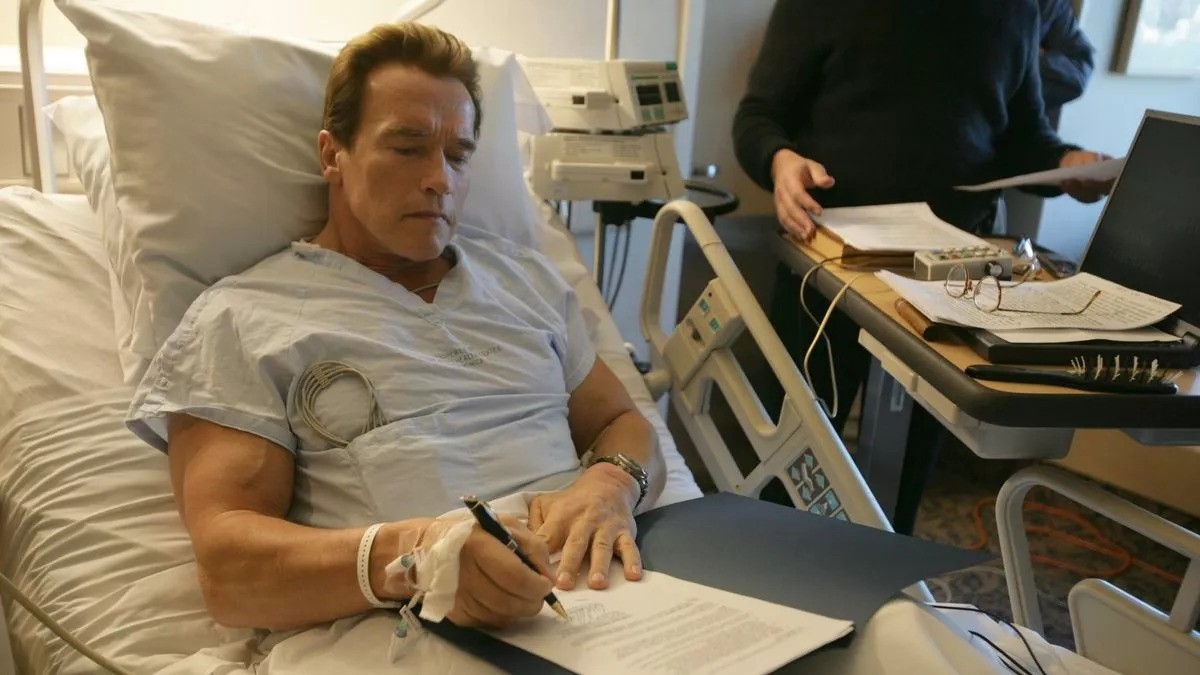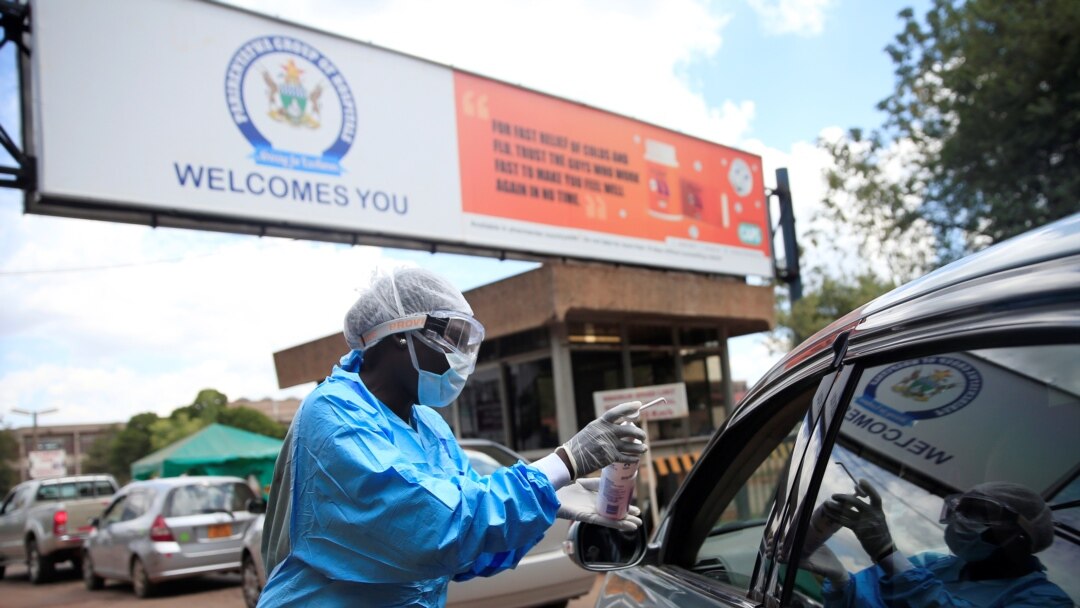WHEN most of us suffer a cut or graze, a plaster and some antiseptic is usually the first thing we reach for.
But for University of Wolverhampton lecturer Dr Moses Murandu, his go-to treatment is something a little more surprising – but it’s something most of us have in our kitchen cupboards.

Dr Murandu, a senior lecturer in adult nursing at the university’s School of Health, has now completed a clinical trial into the use of granulated sugar to treat wounds, earning his PhD in the process.
It is a treatment plan that is met with disbelief from patients and medical practitioners alike, he said, but is one his family has used since he was a child.
Growing up in Zimbabwe Dr Murandu’s father, Aron Majazi Munawa, often used cane sugar to treat their wounds.
“My father was a poor man and he was trying to use whatever resources he had – salt, sugar. Oh man, salt. When he was using sugar it was much less painful.”
Used on wet wounds including bed sores, ulcers and even amputations, the sugar draws the moisture away from the wound and helps clear it, and within hours Dr Murandu said ‘smelly’ wounds no longer had a bad odour.
Bacteria needs water to grow, and applying sugar to the wound draws the water away and starves the bacteria.
Dr Murandu, aged 49, studied nursing in Lesotho, and worked in America and Cape Town before moving to England in 1997, where he lives in Moseley with his wife and two children.
Discovering sugar was not used to treat wounds here, he set about trying to get a trial up and running as there was little scientific evidence proving its effectiveness as a treatment.
He believes in its potential use in the health system so much he has spent between £15,000 and £18,000 of his own money on the research, and was awarded the prestigious Fondation Le Lous Scientific Research Innovation Award and £25,000 in 2009.
Dr Murandu said: “All I want to do is get people to know about it, to use sugar to help people.
“I have learned from the English and they have learned from me. I want to work together to help these developing countries as well as here.
“Wounds are something that people don’t actually bother about – they talk about cancer and diabetes, hypertension, but decaying wounds are a big problem going unnoticed.”
Getting approval
Not only were the wounds often painful, but when not treated properly they began to smell, and could also affect people psychologically.
Treating and healing wounds improves their quality of life, Dr Murandu said.
It took two years to get the approvals he needed from health regulators to run the trial, and he ‘kept on nagging them’ until they gave him the go-ahead.
The next step was to find a site for the trial and get ethics approval.
Dr Murandu said: “I went to Walsall, which is near the campus where I work, and they refused. They told me ‘that’s rubbish’. Sandwell told me again that was rubbish, and at New Cross it was the same story.”
He was put in touch with Dr Malcolm Simms, a vascular surgeon at Queen Elizabeth Hospital in Birmingham, who met with Dr Murandu and agreed to work with him.
Having no recorded evidence sugar would work in the way he claimed, Dr Murandu worked with a micro-biologist and tested three types of granulated sugar – cane, beet and demerara – in different strains of micro-organism to prove there was microbiological activity.
After 400kg of sugar was donated to the trial, which started in 2009, Dr Murandu found a Staffordshire company which could reduce the quantities into smaller, more manageable pots.
Each one has its own unique serial number, so if a patient reacts to the treatment or anything goes wrong the sugar they used can be traced back to a particular batch and manufacturer.
It also has the added benefit of creating an audit trail, and ensured the sugar remained sterile.
Dr Murandu said dozens received the treatment: “They could not believe we were using sugar. Nothing fancy, just the sugar.”
Works for diabetics too
And while many would think a sugar-based treatment would be a no-go for diabetics, Dr Murandu said it actually works best on people with the disease.
As diabetics often have poor circulation, when the sugar coating is put on the wound the body reacts by trying to increase vascularity in that area, improving circulation and the effectiveness of the treatment.
As well as being an effective way to treat wounds, it was also cheap – an important factor Dr Murandu knows will benefit those in poorer countries.
It is also a factor that means finding funders for the research has been difficult as there will be no patented, lucrative treatment at the end of it.
“There are many people out there suffering from these terrible pains and we can use the sugar – it doesn’t harm, they don’t need antibiotics.
“Africa does not have the amount of money the rest of the world has, it is a cheap way of managing that and it can be made easily available. We have a moral duty to help those poor people in Africa.”
Now that his research is completed – it is due to be published in the next few weeks he hopes to be able to develop and supply the treatment to third world countries, as well as sharing the method of treatment with others around the world.
“Name almost any country and someone has tried to contact me about it.
“In 2010 I had an email from Canada from a man, he had read my work on the internet and he went to the cupboard and applied sugar to an ulcer. It was nice and clean and healing and he wrote me an email to thank me for sharing it.
“I have so many phone calls and emails every day, there are many people out there who are suffering.”
Making a difference
One of the patients who received treatment as part of the research was Alan Bayliss, from Birmingham, who was being treated at Moseley Hall Hospital’s amputee rehabilitation ward.
He underwent an above the knee amputation on his right leg due to an ulcer at the Queen Elizabeth (QE) Hospital Birmingham in January 2013, and as part of the surgery a vein was removed from his left leg.
For his post-surgery rehabilitation, Bayliss was moved to Moseley Hall Hospital where standard dressings were used but the left leg cavity wound was not healing effectively.
Nurses contacted Dr Murandu and Bayliss was given the sugar treatment and within two weeks the wound had drastically reduced in size
Professor Linda Lang, Dean of the Faculty of Education, Health and Wellbeing, said: “Moses is truly inspirational and we are extremely proud of his achievements.
“His research is making a significant impact and a very real difference to patients’ health and wellbeing.
“His work is also transforming the way we think about healing wounds, and his ground-breaking work could one day become an everyday part of healthcare services.”
This article was originally published by The Express and Star.






